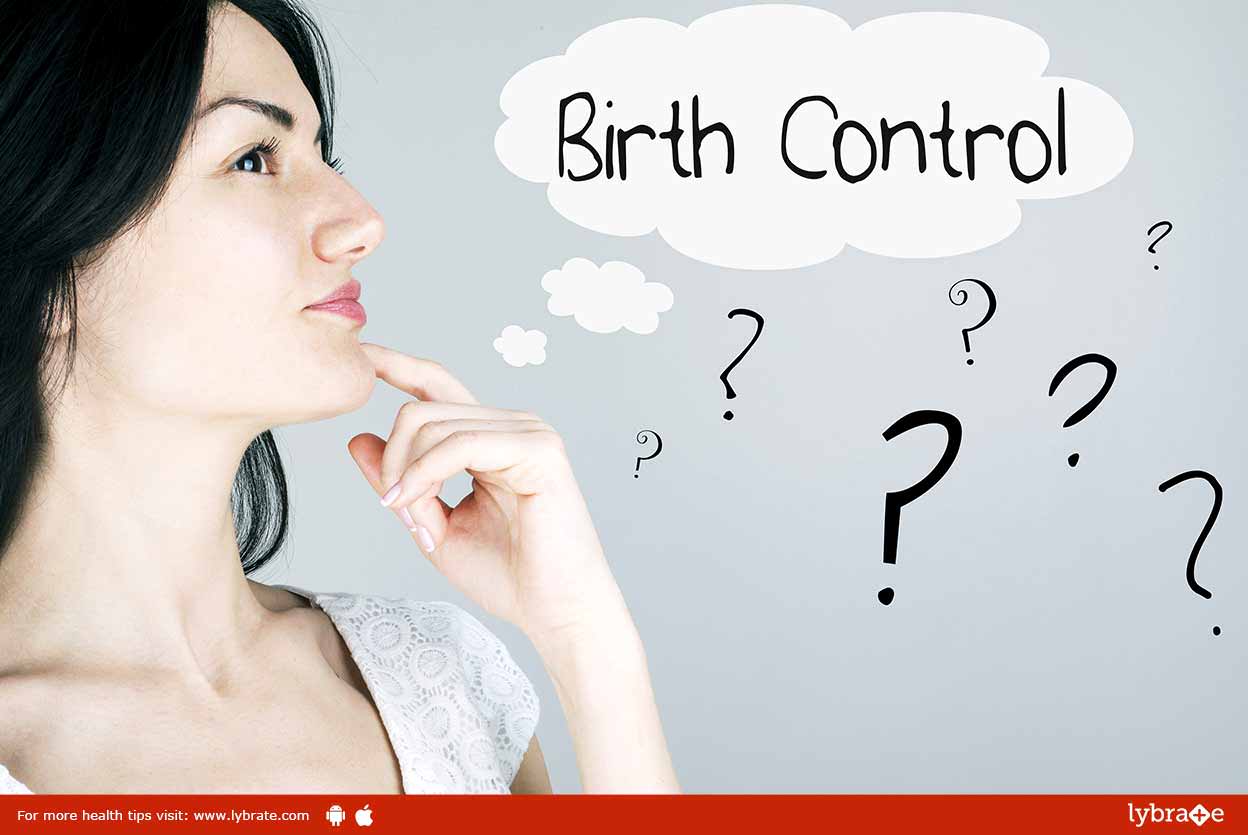By Dr. Viniita Jhuntrraa , Sexology
Hormonal contraception is the most common means of post-intercourse contraceptive remedy in the world. It refers to adopting contraceptive methods that are administered to the endocrine system through steroid hormones, which is inclusive of normal contraceptive pills. Pills are the most opted for method of hormonal contraception because of their easy availability, effectiveness and application without hassle. Contraceptive hormones could also be injected, or applied as a skin patch, implant or a vaginal ring.
What do hormonal contraceptives comprise of and how do they ensure that pregnancy does not occur?
Hormonal contraceptives are either composed of estrogen and progestin hormones or only progestin hormones, which prevent ovulation after intercourse. The egg is not allowed to be released, which provides no material for the sperm to fertilize.
Are there consequent adverse effects to hormonal contraception?
There are however, some unwanted repercussions due to hormonal fluctuations brought about by these steroidal drugs. To avoid such side effects, it is recommended that you try out other non medical contraceptive methods like condoms, and cervical barriers and only opt for hormonal contraceptive methods in case of dire situations.
What are the common negative side effects you may face after opting for hormonal contraception?
The estrogen component in hormonal contraceptives leads to nausea, headaches, mood swings, tenderness in breasts, vaginal discharge, fatty deposition near the abdomen, vomiting and heart complications. The progestin element is comparatively less harmful, resulting only in possible weight increase, constipation, irregular menstruation, high blood pressure and cholesterol.








































